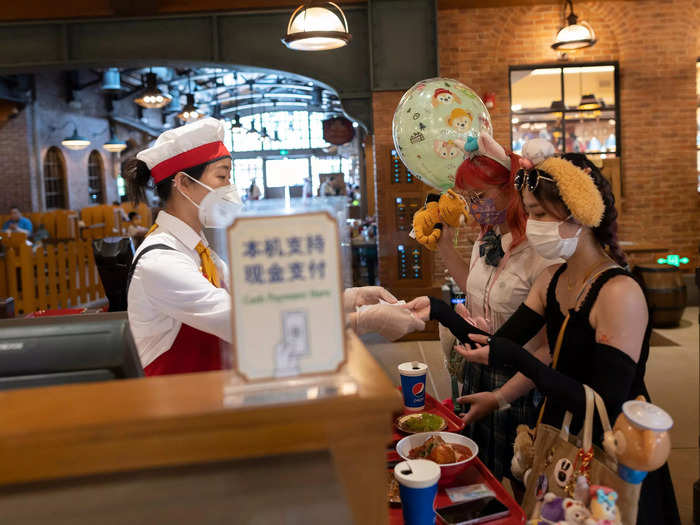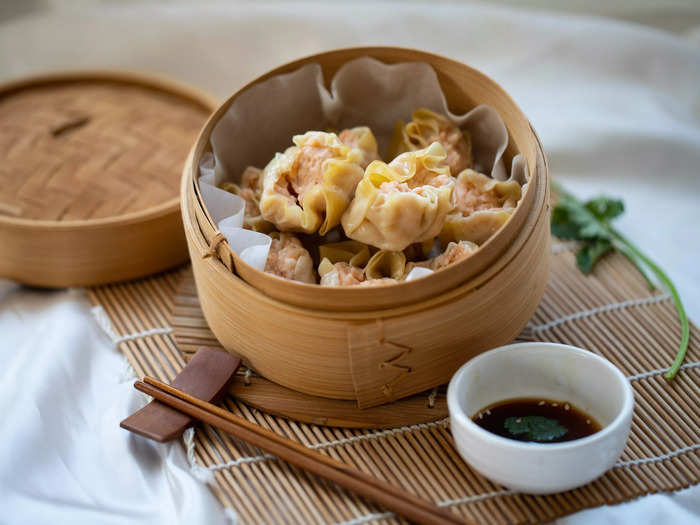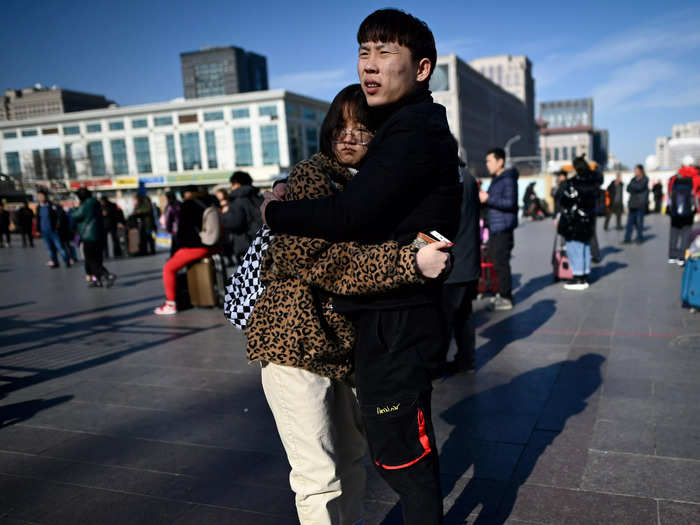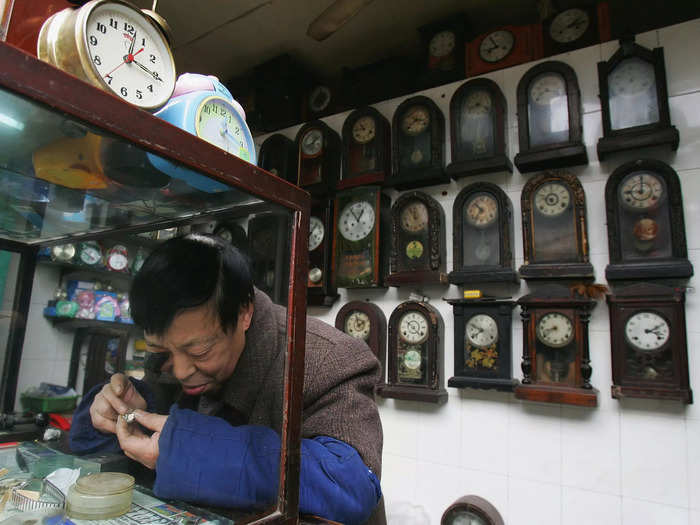5 mistakes tourists should avoid making in China, according to Chinese TikTok users
Marielle Descalsota

- Millions of tourists visit China every year, including around 2.5 million Americans in 2018.
- But some tourists still commit these common cultural faux pas when visiting China.
In 2018, Americans placed fifth among nationalities with the most tourists to China. But some travelers still make mistakes that may be perceived as offensive or ignorant by locals.

Around 2.5 million Americans visited China in 2018, the most from any country in the West. But culture in China and the US can be vastly different, so what's considered appropriate in one may not be in the other.
Chinese culture is filled with superstition, and many locals continue to follow these age-old customs. Tourists are often unfamiliar with these beliefs, and so several Chinese TikTok users took it upon themselves to share the most important things tourists should know before traveling to China. These include China's tipping culture, what clothing one should or shouldn't wear, and how much public affection is too much.
Check out five of the common mistakes tourists make when visiting China, according to these Chinese TikTokers.
1. Don't tip service workers, or locals might think you're patronizing.

In most places in China, tipping isn't expected or required, according to the Chinese tour website China Highlights. While tipping 15 to 20% of a bill is commonplace when dining out in the US, many Chinese find tipping inappropriate.
"Taxi driver, hotel staff, waitors, waitresses, and bellmen don't expect to be tipped," TikTok user Polly Ding said in a December 2021 video, adding that locals are likely to feel offended. She added that tipping might be interpreted as looking down on someone or assuming they "don't have money."
2. Don't wear green hats — to locals, this means your partner is unfaithful.

Even those who have spent time in cities across China may not have noticed this one, but for many Chinese, green hats are a no no. That's because of the Chinese expression "dài lǜ mào zǐ" which means "wearing a green hat." The expression implies that a person's partner is guilty of infidelity.
"In America, it may mean you work for John Deare. However, in China, it may mean your girlfriend or your wife is cheating on you," TikTok user @sherrypie666 said in a December 2022 video.
Locals might also interpret wearing a green hoodie with the hood up in the same way, so tourists should avoid wearing anything green on their head all together.
3. Avoid sticking your chopsticks in a bowl of rice — locals see it as a symbol of death.

According to the Chinese language education website Ninchanese, placing one's chopsticks vertically in a bowl of rice symbolizes death. Some Chinese believe that it resembles the ritual of burning incense for the dead.
"Do not stick chopsticks into your food," TikTok user @chinesewithhannah said in a August 2022 video, adding that it's considered bad luck. She explained that tourists should also avoid tapping their bowls or pointing with chopsticks as locals find it "extremely rude".
4. Avoid hugs when you're meeting people for the first time — many locals find it inappropriate, especially in public.

Locals generally feel uncomforatble hugging other people. "In traditional Chinese etiquette, hugs are simply not an option. Although Chinese people have become more open-minded in recent decades, the idea of hugging remains a discomforting one," Yang Chunmei, a professor of Chinese history and philosophy at Qufu Normal University, told Shanghai-based outlet Sixth Tone. Public displays of affection can be seen as embarrassing in traditional Chinese etiquette.
"In China, don't hug or kiss somebody on the cheek," TikTok user @selina180321 said in a August 2022 post. She added that instead of going in for an embrace, tourists should shake hands or nod their head instead.
5. Avoid giving clocks to locals as gifts as it's believed to bring bad fortune.

In Chinese, gifting a clock sounds similar to taking care of someone's funeral ("sòng zhōng"). It's a faux that should be avoided, although the sentiments among younger people might be different, according to Chinese outlet The Beijinger.
TikTok user @linglongchinese explained in a May 2021 video that the Chinese word for clock sounds similar to "paying respects to a dying person."
"People think it's bad luck to give clocks. But watches are fine though," she said.
Tourists should avoid also gifting scented candles and cut flowers, as these things are associated with death and funerals.
Popular Right Now
Popular Keywords
Advertisement